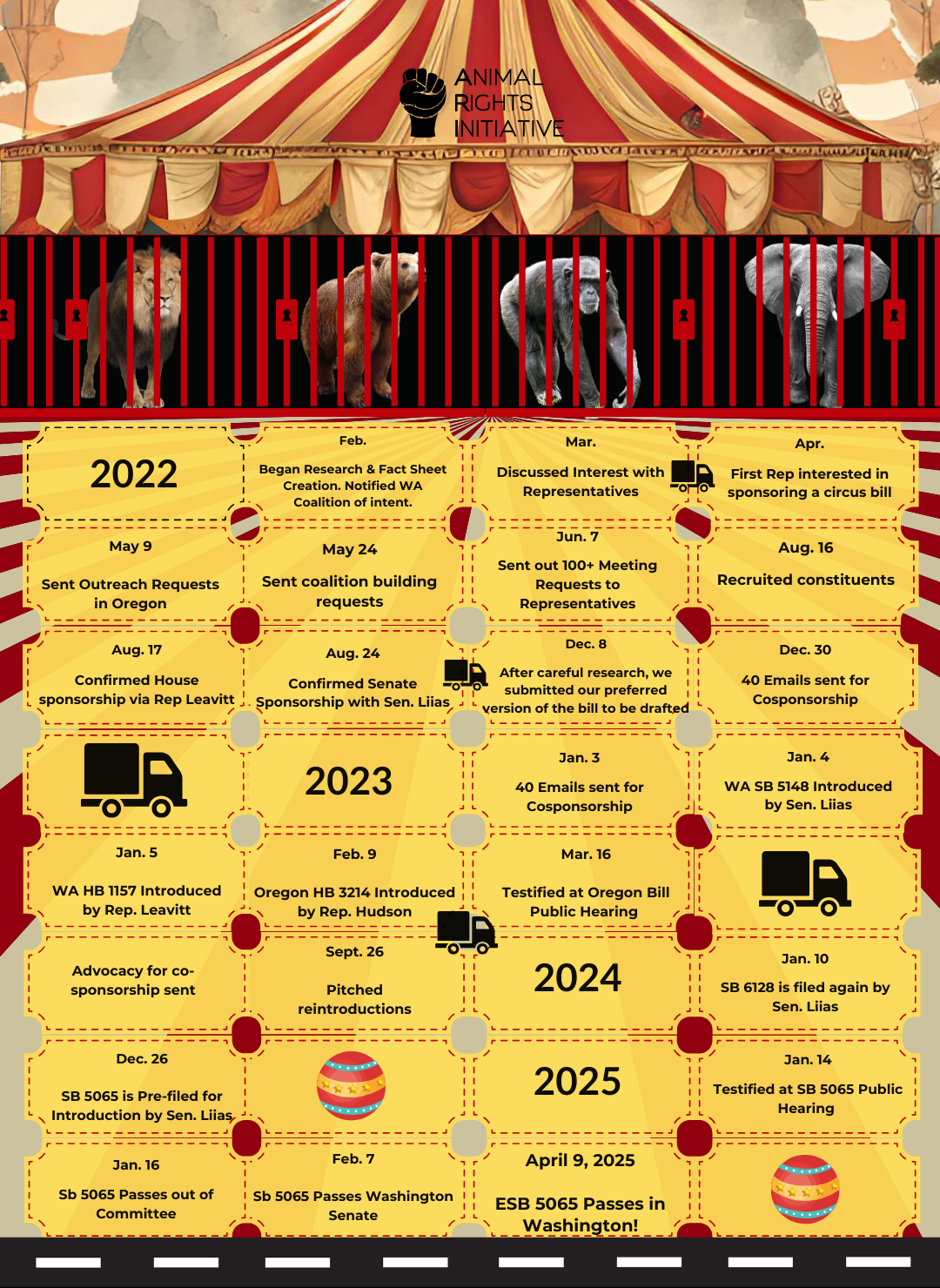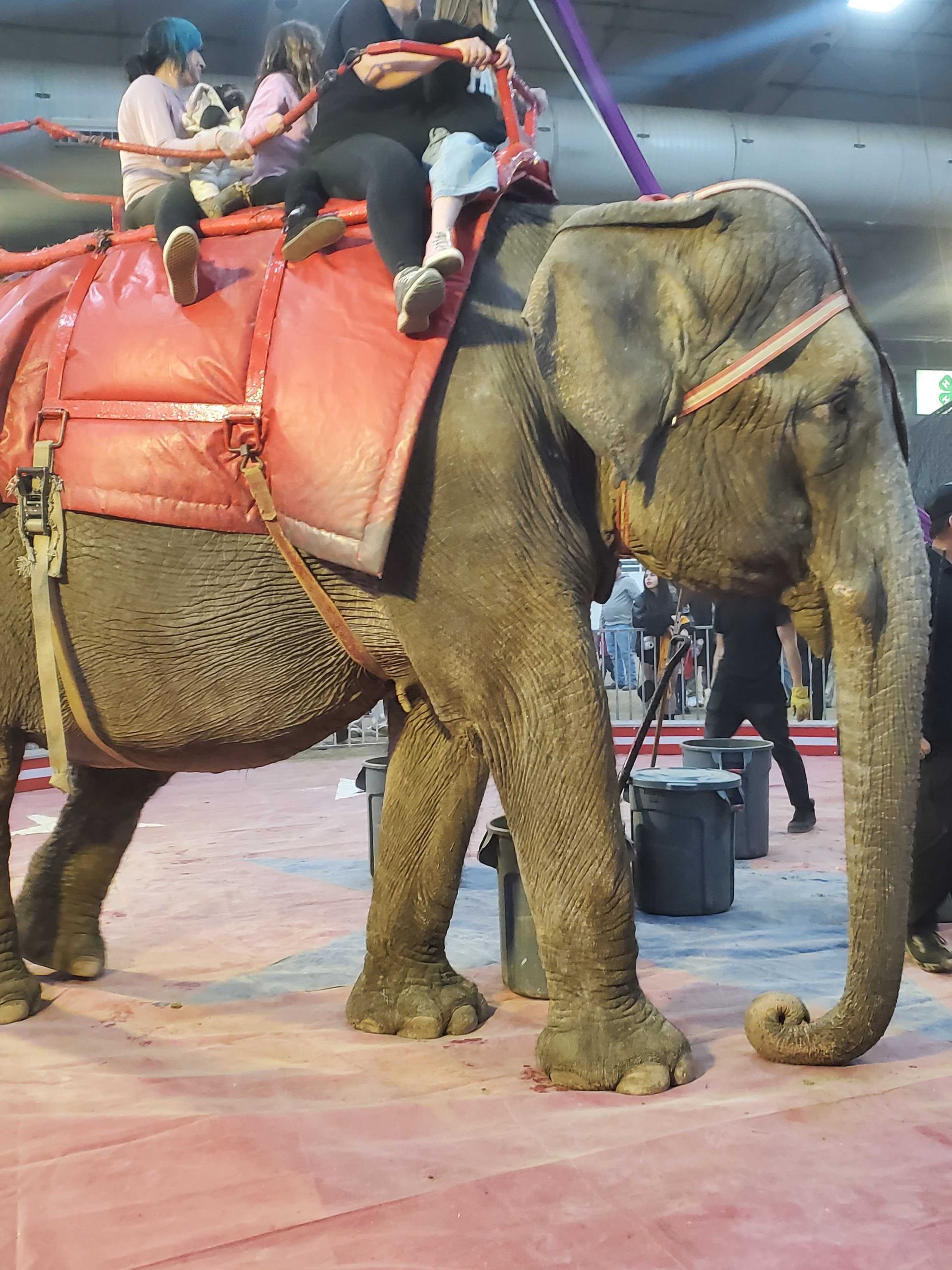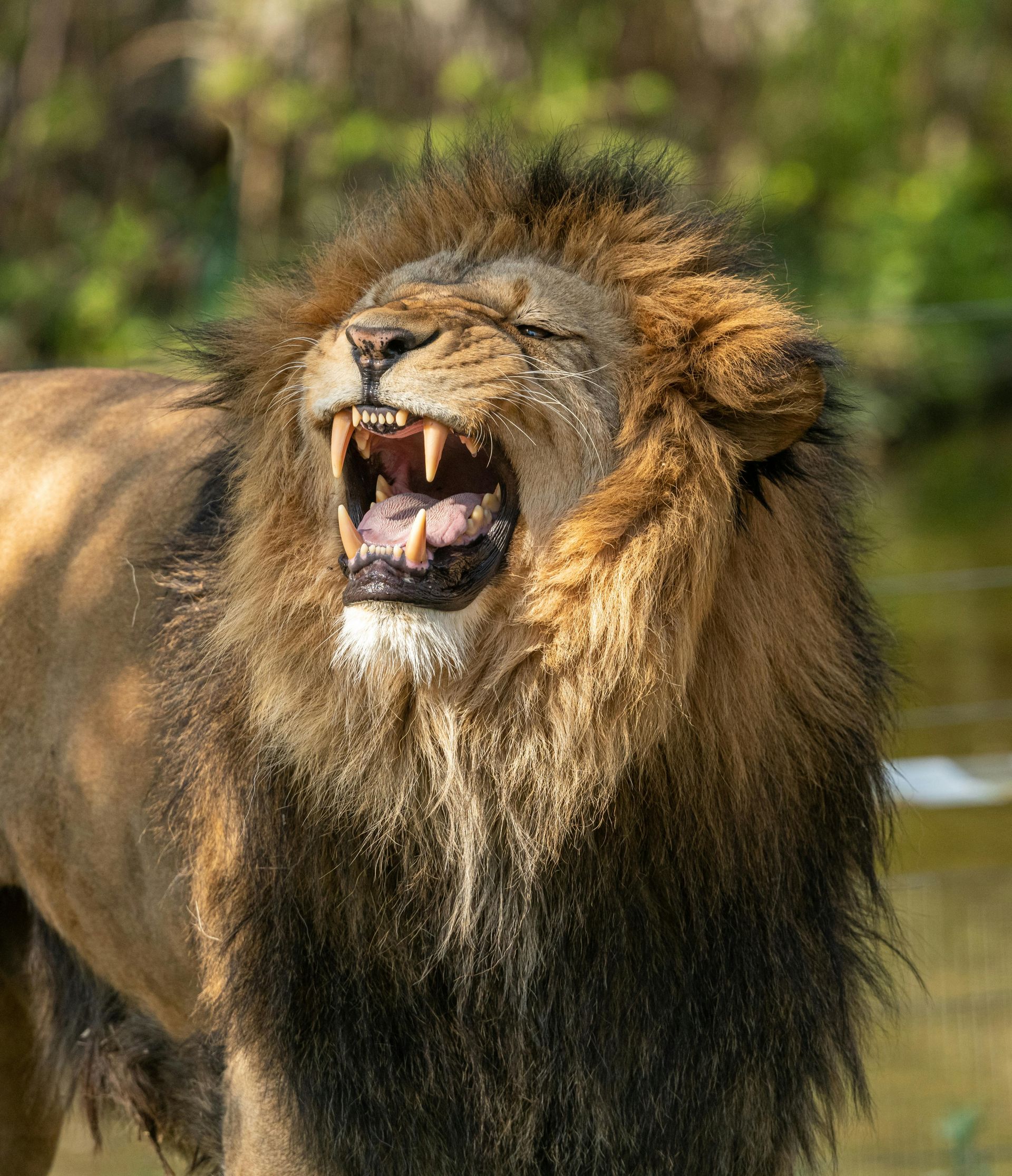About
Timeline
Actions You Can Take
Research
Fact Sheets
about this project
Performances by wild and dangerous animals create a false narrative that these species are readily available in the wild and willingly comply with, or naturally exhibit, these performances. These performances require years of physically domineering punishment and subjection to unethical abuses. Most reputable acts, like Barnum and Bailey, have already transitioned away from non-consenting animal-based performances.
Timeline for the Circus Campaign

Please Help Support Our Ongoing Campaigns:
Endorsement
Endorse HereAdd your name to endorse the bill where allowed by law.
Washington Petition
Sign NowPlease add your name to the petitions.
Donate
DonatePlease consider a donation to help us perpetuate this critical work. All donations are tax deductible.
Volunteer
Contact UsInterested in spreading the octopus bill to other jurisdictions? You could be involved in our ongoing campaigns. We are actively pursuing legislative action in the following localities: Maine, New York, Massachussettes, Maryland, North Carolina, South Carolina, Florida, Texas, Alaska, Guam, Puerto Rico, the Virgin Islands and the United Kingdom.
Circus Research
- In 2007, the Washington State Legislature already voted to pass Senator Lovick’s Dangerous Wild Animal Act, prohibiting the covered species from being owned as pets in Washington.
- All species covered by this bill are threatened or endangered.
- Both circuses that travel through Washington have recorded over 40 violations each from the USDA throughout the last several decades, showcasing incapability of reform.
- Reputable acts like Barnum and Bailey have already transitioned to fully human-based, consenting performances.
- This bill will unify protections already established in Spokane, Darrington, Snohomish, Port Townsend, Redmond, and Wenatchee extending them statewide.
- Over 50 countries and 11 states have already taken similar action.
Most importantly, Elephants like Viola and Isa, who are brought through Washington every year, have been performing in captivity for over 50 years - that's longer than half of the members of the committee have even been alive. Viola is already 59, far beyond the average age of a captive elephant. If we don’t pass this bill she will be performing here until the day she dies.
Photos By Wes Burdett

Does Your Organization Need a Fact Sheet or Research Report? Submit an Inquiry Below.
Purpose
PROBLEM:
Animals in the Entertainment Sector like Elephants Viola (59) and Isa (54) are abducted from the wild at a young and are subjected to physical and mental abuses in order to produce tricks for human entertainment. These performances serve to perpetuate an ideology that animals are here for us and willing to perform for us, versus their natural wild behavior. This type of inherently cruel captivity results in frequent escapes, injuries, deaths, and damage to public property.
SOLUTION:
Influencing the adoption of animal-free exhibitions by prohibiting exotic animal-based performances. Collaborating on nationwide public and corporate outreach campaigns.
OUTCOME:
To reduce demand for animal perofrmances and exhibitions and therefore transition the entertainment industry to voluntary participation only. To influence public attitudes around wild-animal based performances and to support the development of consent-based alternatives.
HOW:
Working directly with lawmakers in Washington and direct corporate outreach to exhibitors.







